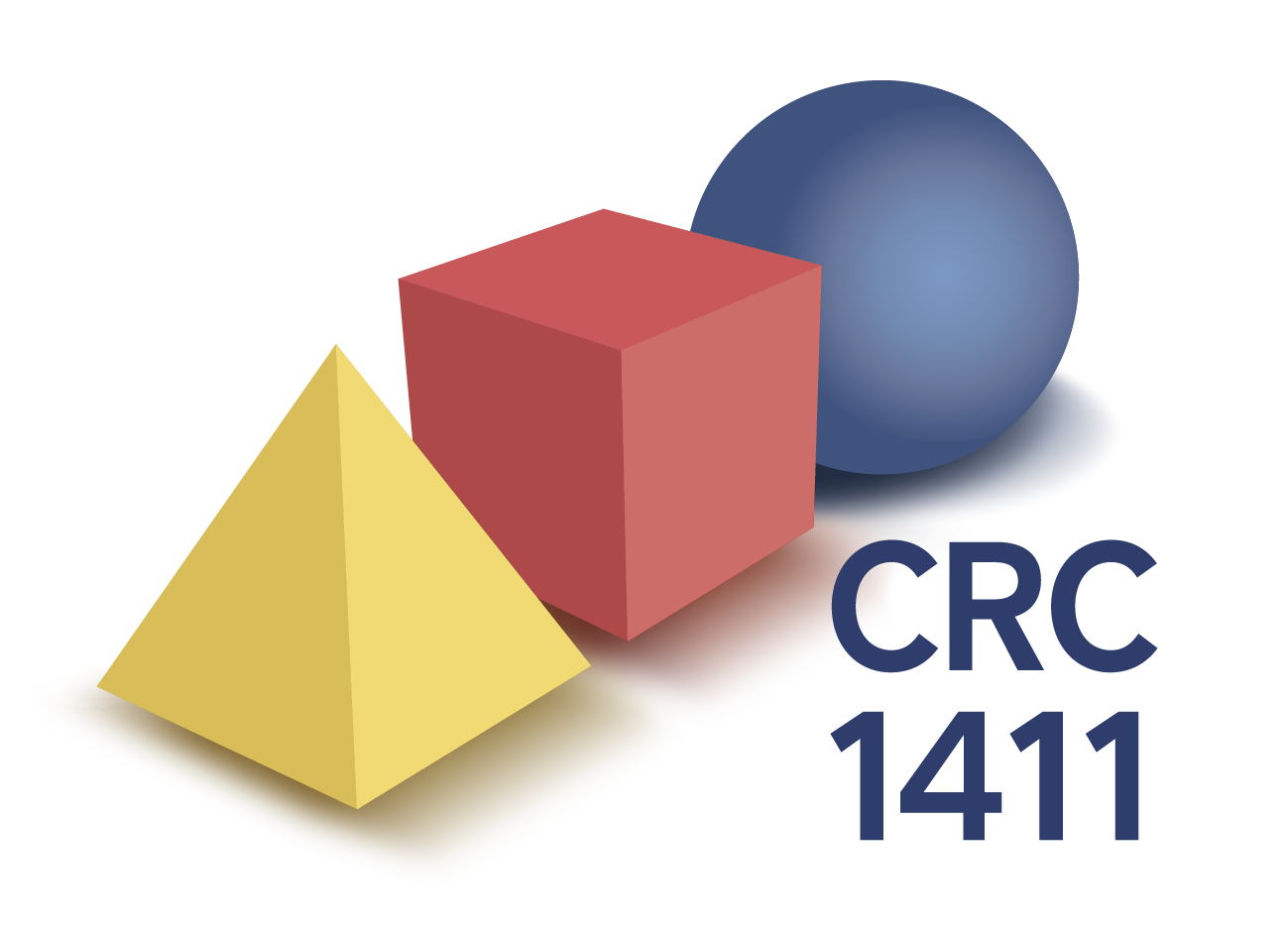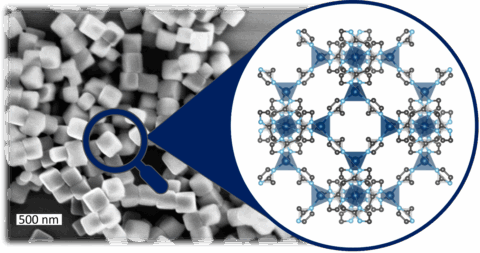Nobel Prize awarded to development of metal-organic frameworks
The 2025 Nobel Prize for chemistry has been awarded to Susumu Kitagawa, Richard Robson and Omar M. Yaghi for the development of a new type of molecular architecture. The constructions they created – metal–organic frameworks (MOFs) – contain large cavities in which molecules can flow in and out. Researchers in laboratories around the world including FAU have used them to create nanoreactors for catalytic transformations, extract pollutants from water, capture carbon dioxide and store hydrogen. Other constructions of this type are tailor-made for separation of gases, delivering pharmaceuticals in the body or managing extremely toxic gases. Some can trap the ethylene gas from fruit – so they ripen more slowly – or encapsulate enzymes that break down traces of antibiotics in the environment.
MOFs are an incredible example of how precise control over particle composition, size and morphology can give rise to astonishing properties. This system is thus a perfect case study for rational design of particulate products – the aim of CRC1411. MOF particles in combination with quantum dots, for which the Nobel Prize was awarded in 2023, are used since the first funding period to develop novel sensor concepts based on optical thermometry in close cooperation of PIs Segets and Hartmann. Moreover, the development of MOF-based stationary phases for particle chromatography is aimed at in the second funding period. The research takes advantage of the knowledge in the consortium in particle synthesis and the large toolbox for particle characterization that includes electron microscopy, gas adsorption, NMR spectroscopy and ultracentrifugation among others.

